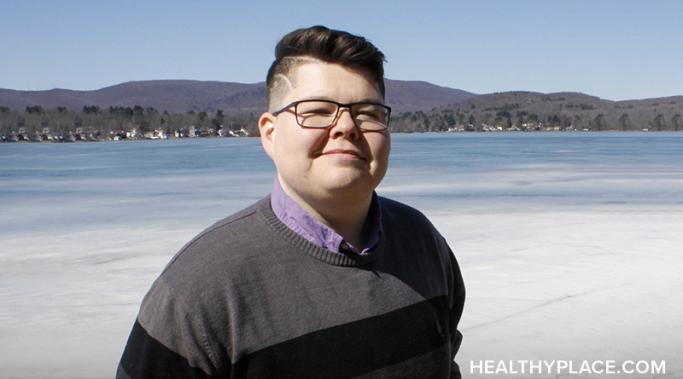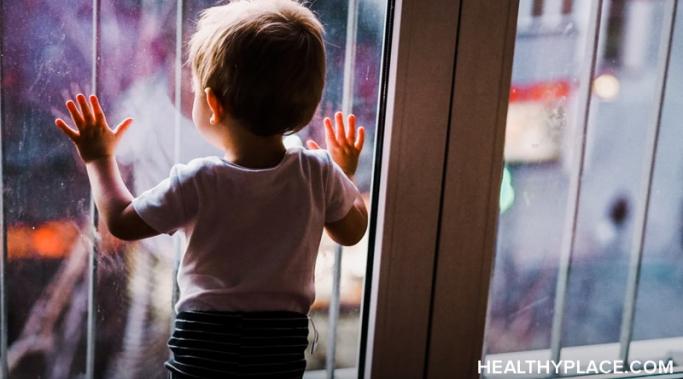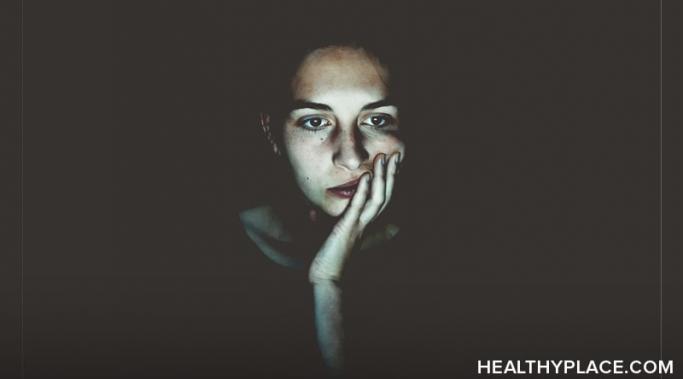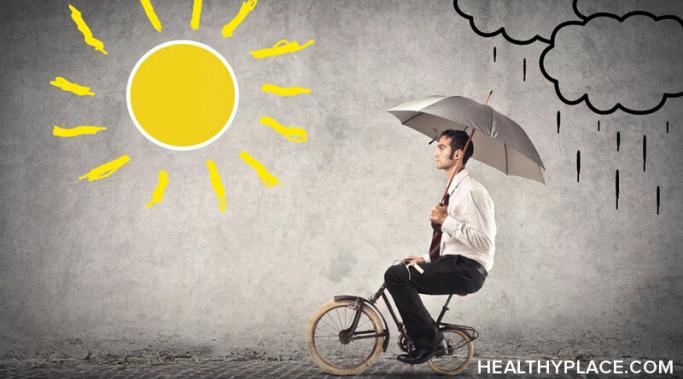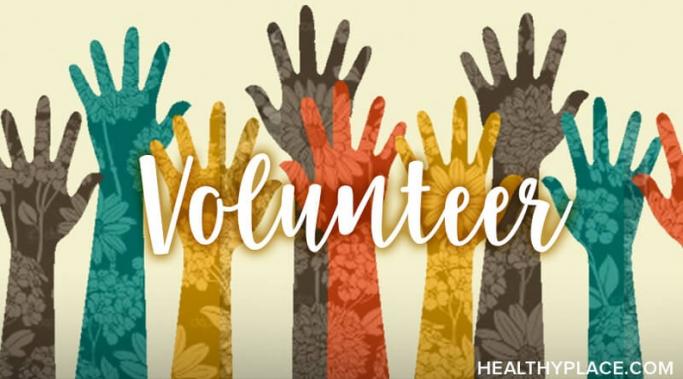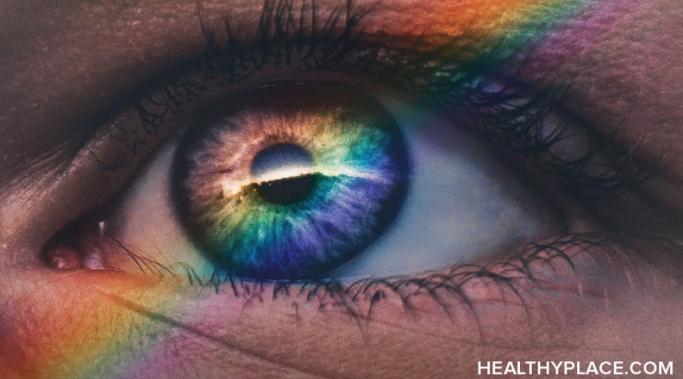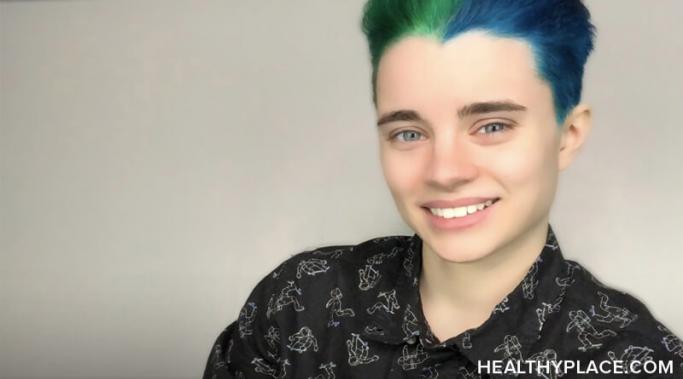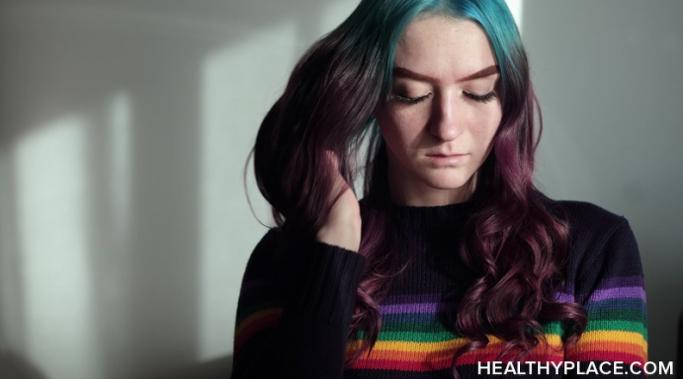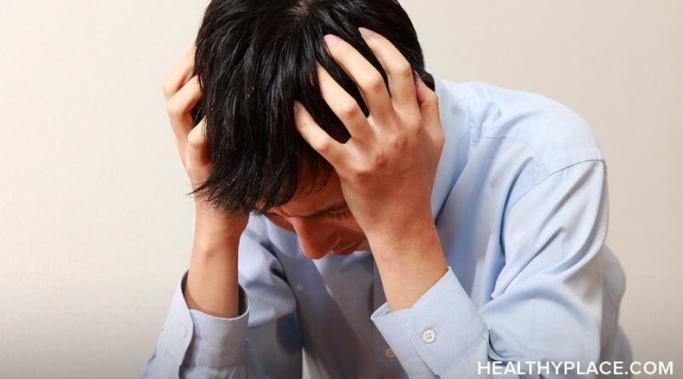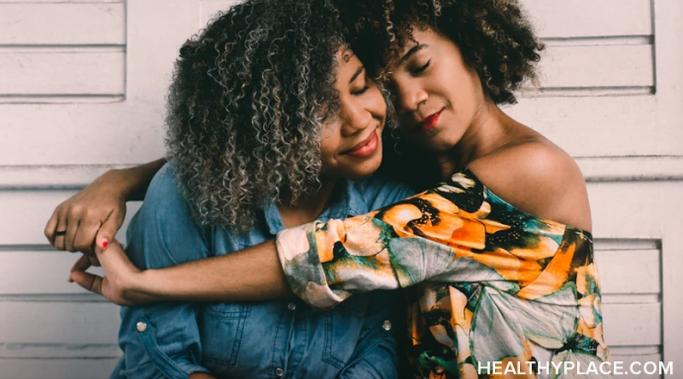My name is Meagon Nolasco and I couldn’t be happier to join the HealthyPlace team here at The Life: LGBT Mental Health blog. I identify as a cis-gendered, (woman born a female) lesbian, woman and have been out in our community for just over a decade now. My extensive history with mental health is just as defining to me as my identity and lifestyle.
The Life: LGBT
How to help your child cope with autistic meltdowns is a question for many parents. Recently, on a message board for autistic adults and allies, a parent asked for some advice on helping her child with his autistic meltdowns. While these sorts of groups and message boards weren’t around when I was young, I sure wish my mom had done this sort of thing when I was a kid.
I'm not alone in using video games like "Animal Crossing" to cope with my mental illness. Ever since the shelter-at-home orders back in February, gamers have been purchasing the Nintendo Switch faster than they can be physically made. Video games became a form of escapism, and what was once a pastime became a coping mechanism for those stuck at home. While I’ve been trapped in my apartment in this pandemic, no Nintendo Switch game has been more useful for exploring and coping with my mental illness than "Animal Crossing."
As an autistic person, I have been told many times that I am “sensitive.” My whole life, the smallest of inconveniences or changes in plan can bring me to tears. Getting stuck in the rain would cause a full meltdown. I’ve even had a doctor dismiss my symptoms and tell me “you’re just too sensitive.”
The murder of George Floyd sparked an unprecedented civil rights movement and has changed our country dramatically. The face of the Internet has been completely reshaped, and discourse about racism is at the forefront of all of our conversations. Sometimes, especially for the mentally ill, the amount of information whizzing by is overwhelming.
Life as an autistic transgender person was complicated almost from the beginning. As an undiagnosed autistic child, I hadn't considered that there was anything different about me until my sister started pointing it out. Growing up with an opinionated sister telling me what to wear, how to hold hands with boys, what sports to play, and how to act taught me how to camouflage my more autistic traits and keep my queerness to myself. How could I be queer, transgender, or different when I was so busy trying to be well-liked?
I’m August Queue, and I am a transmasculine, nonbinary, queer person. My pronouns are they/them and sometimes he/him. I’m going to be writing for "The Life: LGBT Mental Health," and discussing my experience with mental health and the lesbian, gay, bisexual, queer, transgender, intersex, asexual, plus (LGBTQIA+) community. I have been diagnosed with a slew of different things, including posttraumatic stress disorder (PTSD), generalized anxiety disorder, obsessive-compulsive disorder (OCD), attention-deficit/hyperactivity disorder (ADHD), bipolar disorder, borderline personality disorder, and schizoaffective disorder. After turning 24 and spending four years in therapy, I discovered that I had autism.
Recently, my home state proposed a bill that would have banned conversion therapy for lesbian, gay, bisexual, and transgender (LGBT) youth. Although the bill didn't pass, it created greater awareness for how damaging conversion therapy can be to a person's mental health, especially for teenagers. So many young queer people are coerced into therapy that they believe will "cure" them of something that wasn't harming them to begin with. And because people's gender identity or sexual orientation is such an inherent part of who they are, conversion therapy can lead to serious mental health issues and perpetuate gay discrimination.
Recently, I had a conversation with a friend about her relative who has obsessive-compulsive disorder (OCD). She was worried for her relative because he told her that part of his OCD involved worrying that he was gay. Until then, she'd never heard that rumination about your own sexuality could be an OCD symptom and felt like her relative was probably just part of the lesbian, gay, bisexual, and transgender (LGBT) community.
I believe in the importance of self-care, especially for lesbian, gay, bisexual, transgender, and queer (LGBTQ) people. But I wasn't always this way. In fact, until this past year, I'd heard about the self-care movement but dismissed it as "narcissistic" or "selfish." I also thought that I didn't deserve to take care of myself when I could spend that time helping others.
